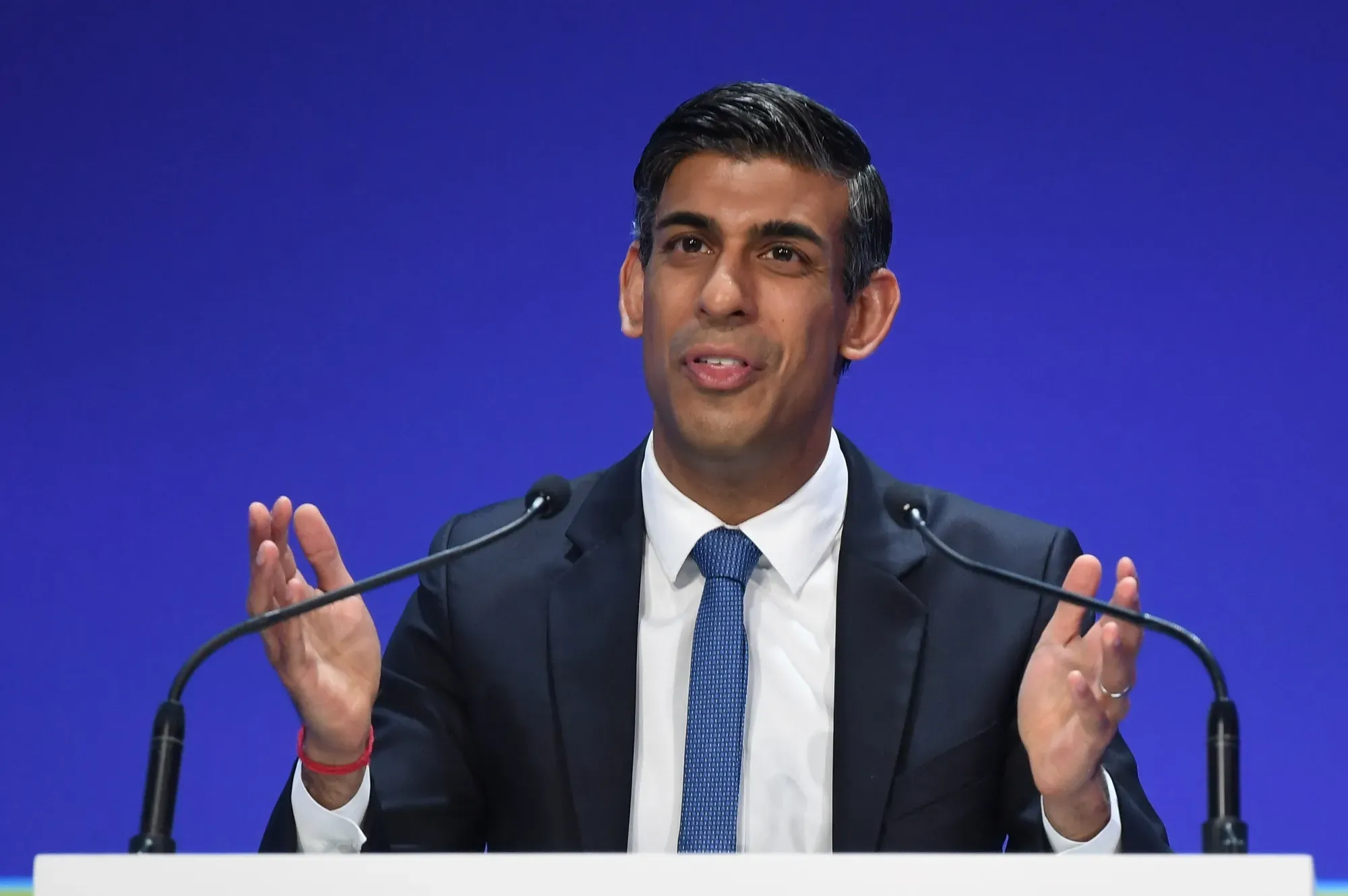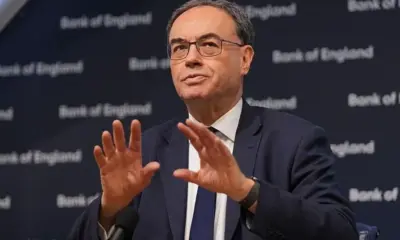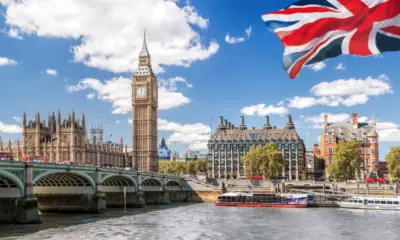Latest News
UK Budget 2025: Can Sunak’s Fiscal Strategy Tame Inflation Without Stifling Growth?

The United Kingdom’s 2025 national budget, unveiled by Chancellor Jeremy Hunt, has sparked both optimism and skepticism across financial and policy circles. With inflation easing from last year’s highs but growth still sluggish, the government faces the delicate task of balancing fiscal restraint with measures to boost productivity and investment. As businesses, households, and global investors analyze the fine print, the new budget signals a cautious yet strategic pivot aimed at stabilizing the post-Brexit economy.
A Balancing Act Between Inflation and Stimulus
At the heart of the 2025 budget lies the challenge of curbing inflation while sustaining economic momentum. The Office for Budget Responsibility (OBR) projects inflation to average 3.1% in 2025, down from 4.6% in 2024. However, the Bank of England remains wary, maintaining a base rate of 5%, signaling continued vigilance.
Hunt’s decision to limit public spending increases to 1% in real terms while maintaining energy subsidies for low-income households reflects a pragmatic stance. The Treasury’s cautious approach to fiscal expansion is meant to prevent inflationary overheating, but critics argue it may constrain public services and delay long-term growth.
Businesses have welcomed targeted tax reliefs, particularly the extension of “full expensing” for capital investments and an additional £4 billion fund for green infrastructure and AI research. However, small- and medium-sized enterprises (SMEs) warn that rising borrowing costs and stagnant consumer spending could offset these incentives.
The Business and Market Response
Financial markets reacted cautiously. The FTSE 100 saw modest gains following the announcement, while sterling hovered around $1.26 against the dollar, reflecting investor confidence in fiscal discipline but uncertainty over growth prospects.
The British Chambers of Commerce (BCC) and Confederation of British Industry (CBI) praised the government’s commitment to technological innovation but urged stronger reforms in skills development and housing policy to attract global talent.
Economists note that while the budget prioritizes fiscal responsibility, the underlying issue remains productivity. The UK continues to lag behind G7 peers in output per worker, a trend worsened by post-Brexit trade frictions and underinvestment in digital infrastructure. The new “Innovation Zones”, offering tax breaks for research-heavy sectors such as fintech, quantum computing, and semiconductor design, aim to address this gap but their impact may take years to materialize.
Political and Social Reactions
Politically, the budget sets the tone for a pre-election year. The ruling Conservatives have positioned it as a “budget for stability,” contrasting Labour’s call for more aggressive investment in green energy and housing. Opposition leaders criticized the plan as “too cautious,” arguing it fails to address cost-of-living pressures and the NHS funding shortfall.
Public sentiment remains divided. For middle-income households, modest tax adjustments and child-care credits offer some relief, but inflation-adjusted wages continue to stagnate. London’s rental market with average monthly rents now exceeding £2,500, according to Rightmove remains a major strain on disposable income.
Meanwhile, the government’s emphasis on fiscal prudence has drawn praise from international observers. The IMF called the budget “a step toward sustainable debt management,” highlighting the UK’s success in keeping borrowing below 3% of GDP. Yet, questions persist over whether the cautious stance will dampen innovation and infrastructure spending needed for long-term competitiveness.
Conclusion
The 2025 UK Budget represents an attempt to rebuild confidence in Britain’s economic direction steadying inflation, promoting innovation, and maintaining fiscal discipline. However, its ultimate success will depend on execution. Without meaningful boosts to productivity, housing supply, and real wages, the balance between restraint and renewal may prove fragile. For now, London’s financial and policy circles await the next move — from both the Bank of England and the ballot box.




















